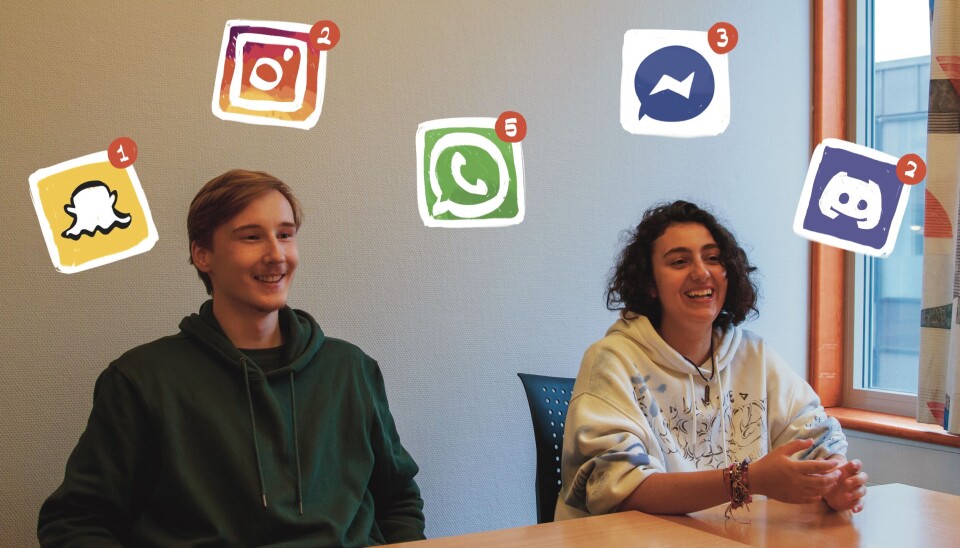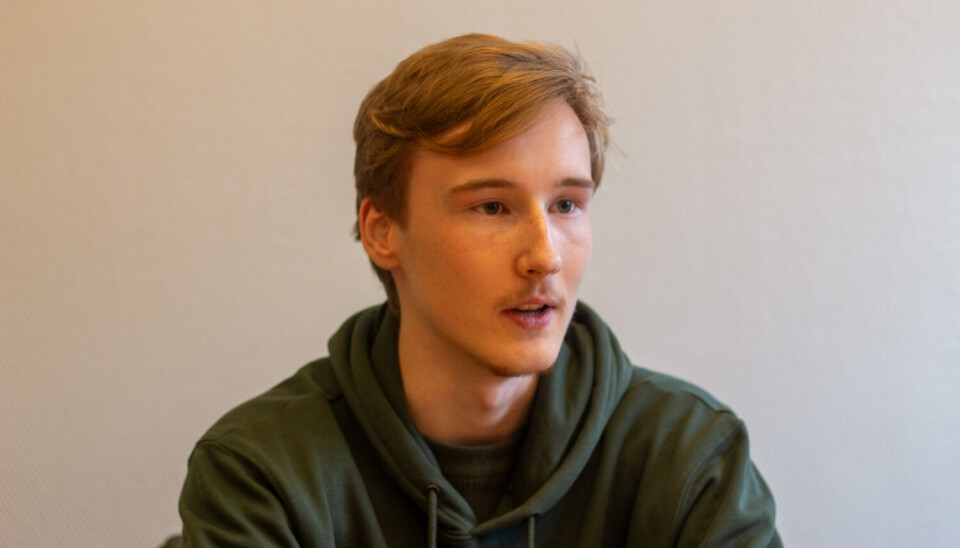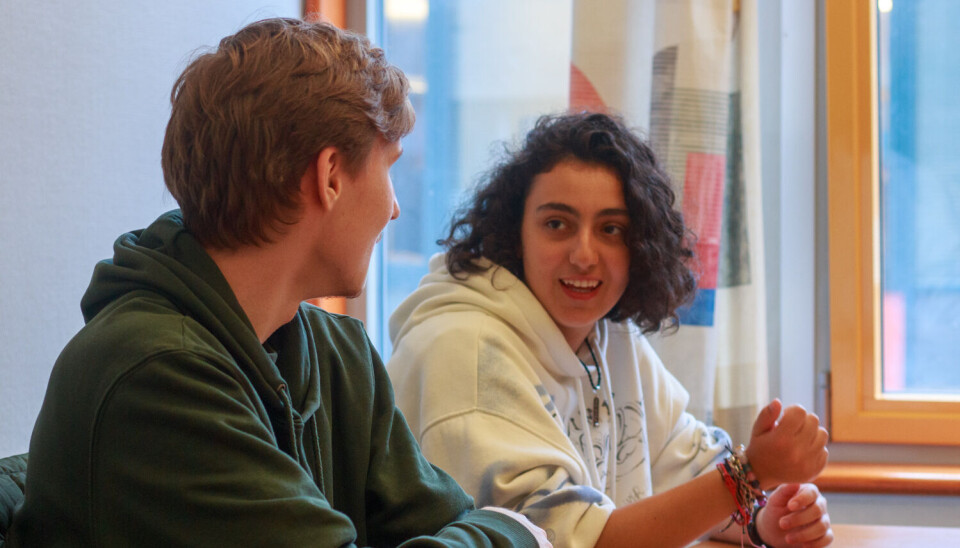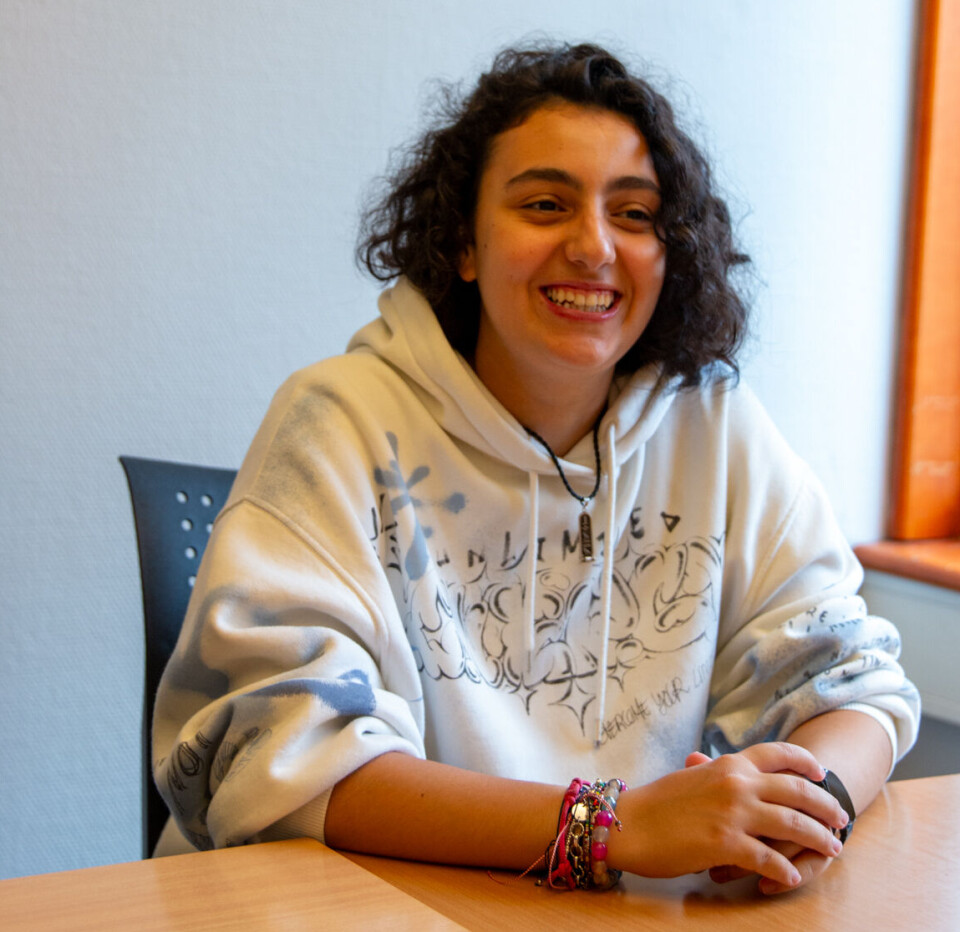What’s up with Whatsapp?
Arriving in a new country brings plenty of surprises. Some are fun, some are frustrating, and some are as simple as which app you’re expected to use.

Imagine this: you’ve just landed in your exchange country. You’re excited, maybe a little bit nervous, and eager to make friends. But instead of a language barrier, the first obstacle is digital. Everyone wants to add you to a WhatsApp group – an app you’ve never even installed. Or maybe your new friends insist on sending daily Snaps, while you’re still a Messenger loyalist. Welcome to the world of cross-border communication.
Bianca Alexandru, an exchange student from Romania, believes digital differences make it hard to keep up with local routines and expectations. Marcus Antonsen Lowton, a Norwegian student, thinks it, on the other hand, teaches you to be more adaptable.
The «battle» of the app´s
For many students, the first «culture clash» happens even before leaving home. Group chats pop up, socials are exchanged – and WhatsApp quickly becomes the hub of international student life. But not everywhere.

– In Norway, I don’t know anyone who really uses WhatsApp, unless they’re talking to someone from abroad. I don’t even know if most Norwegians know what it is, Lowton explains.
Alexandru on the other hand, can’t live without it:
– I love WhatsApp. It’s so efficient, you know?
Lowton disagrees with Alexandru and argues that WhatsApp is old-fashioned, since you can use ordinary phone functions for exactly the same thing.
While WhatsApp dominates in much of Europe, newcomers to Norway soon notice a different giant: Snapchat.
The students discuss that this app is mostly used among young people here in Norway, and that it is often used to plan social activities and communicate with one another.
During the conversation, it also became clear that different apps are often associated with particular age groups, and that perception varies from country to country.
– I spoke to a few American friends, and they were like, no one uses Snapchat unless you’re between the ages of 13 and 15. But in Norway, it’s like 90 percent. Even grandmas use it. Everyone uses it. I wouldn’t say we have a Snapchat culture, but it feels like we have it compared to other countries, Lowton says.
Basic habits differ
Even the most basic habits differ. For some, calling family feels natural, while for others, it seems outdated.
– I call people all the time. Well, I call my dad and most of the family. I don't really call friends, it's mostly messages, says Lowton.
– I usually call people when I don't have any internet. Otherwise, I use WhatsApp. I have to call my dad on WhatsApp or else it's going to cost me money because he lives in the UK, Alexandru adds.

Laughing emoji or just «haha»?
And if it wasn’t only about the apps, the way people convey emotions in messages also differs from country to country. A simple laugh can reveal where you come from.
– I personally just use the standard laughing emoji, says Lowton.
However, some argue that using emojis is already outdated. Some students even prefer letters, for example, «XD» can express a lot. A capital «X» and capital «D» represent hearty laughter, while a capital «X» and lowercase «d» convey laughter with a touch of irony.
Lowton disagrees and doesn’t see the point of using it.
As it turns out, what counts as the «normal» way of expressing laughter varies widely: from no emojis, to emoticons, crying or laughing emojis, to a simple «hahaha».

Even laughter seemingly needs translation.
Getting the hang of it
And while it can be exciting to try out a new app, it can also become quite a challenge. Because why switch to WhatsApp or Snapchat when you already have tried-and-true apps from home?
– Getting used to Snapchat was really annoying at first. People send you snaps, and even if you don’t want to talk to them, you still have to open the snaps to see if you need to respond, Alexandru says.
But students often find a compromise. One app in particular bridges the gap across borders: Instagram.
– I mostly use Snapchat to stay in touch with my friends back in the UK. Instagram, on the other hand, had started to feel a bit slow, and I had nearly forgotten about it. But here, I began using it a lot again, especially to connect with other exchange students, Alexandru explains.
Even with all the confusion and differences, there’s a simple solution: probably the best thing you can do is just laugh about it – no matter which words or emojis you choose.
















